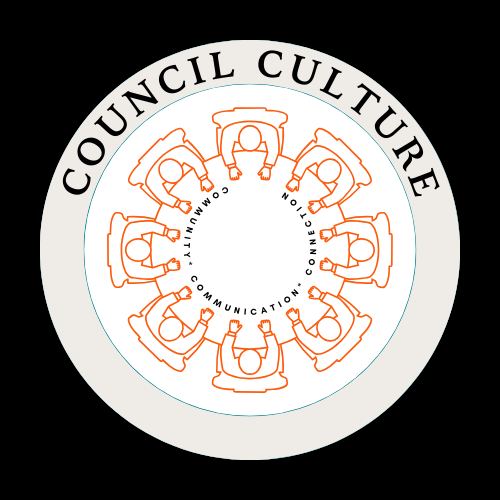Building Boundaries
Someone asks for a favour or a work request lands in our inbox, and we instinctively say yes. Not because we want to, but because we feel we should. Moments later, we feel that familiar pang of resentment bubbling up.
Why do we do this to ourselves?
The answer lies in our relationship with boundaries and the difficulty many of us have in saying no. But here’s a simple, powerful question that can transform the way you make decisions:
Can I say yes to this in goodwill, or will I build resentment for saying yes?
This question is like a boundary-setting compass. It forces you to check in with yourself before committing to something that might drain your energy, test your patience, or make you feel like you’re betraying your own needs.
Why Resentment is a Warning Sign
Resentment doesn’t just come from being overworked or taken for granted; it comes from self-betrayal.
Every time we say yes when we really want to say no, we abandon ourselves a little bit. That’s why resentment is an alarm bell, a sign that your boundaries have been ignored—often by you.
The Power of the Conscious Yes
When we say yes in goodwill, we do it because we genuinely want to, not because we fear disappointing someone or feel we have to prove our worth.
Before you say yes to anything—whether it’s a work commitment, a social invitation, or a favour—pause and ask yourself:
Am I saying yes because I truly want to?
Am I okay with what this commitment means for my time and energy?
Will I feel good about this later, or will I regret it?
Am I expecting something in return that I haven’t communicated?
If your gut says, “I’ll probably regret this,” then it’s time for a positive no.
Permission to Prioritise Yourself
Saying no isn’t selfish; it’s self-respect. And when you do say yes, it should come from a place of enthusiasm, not obligation. Can I say yes to this in good will, or will I build resentment for saying yes?
Your future self will thank you.
